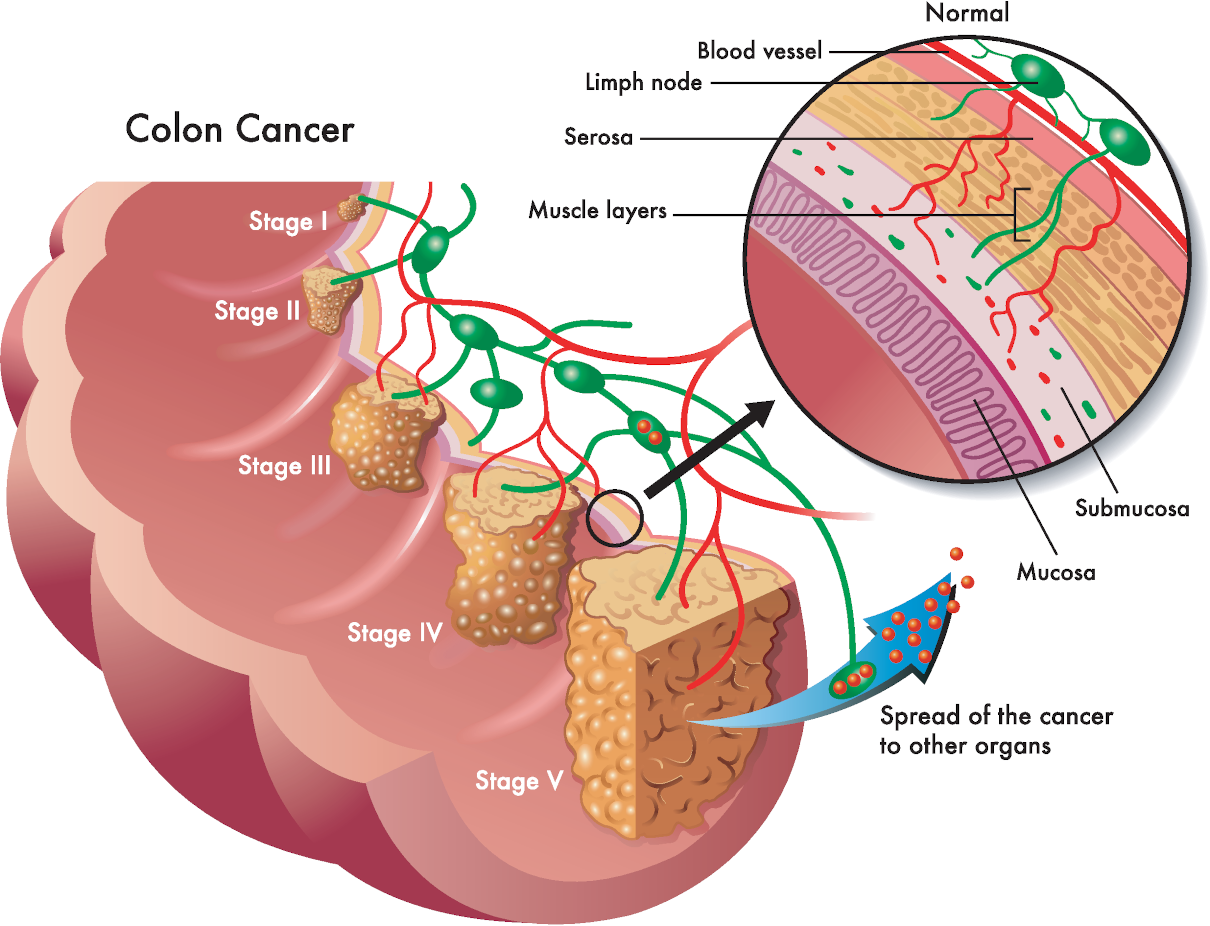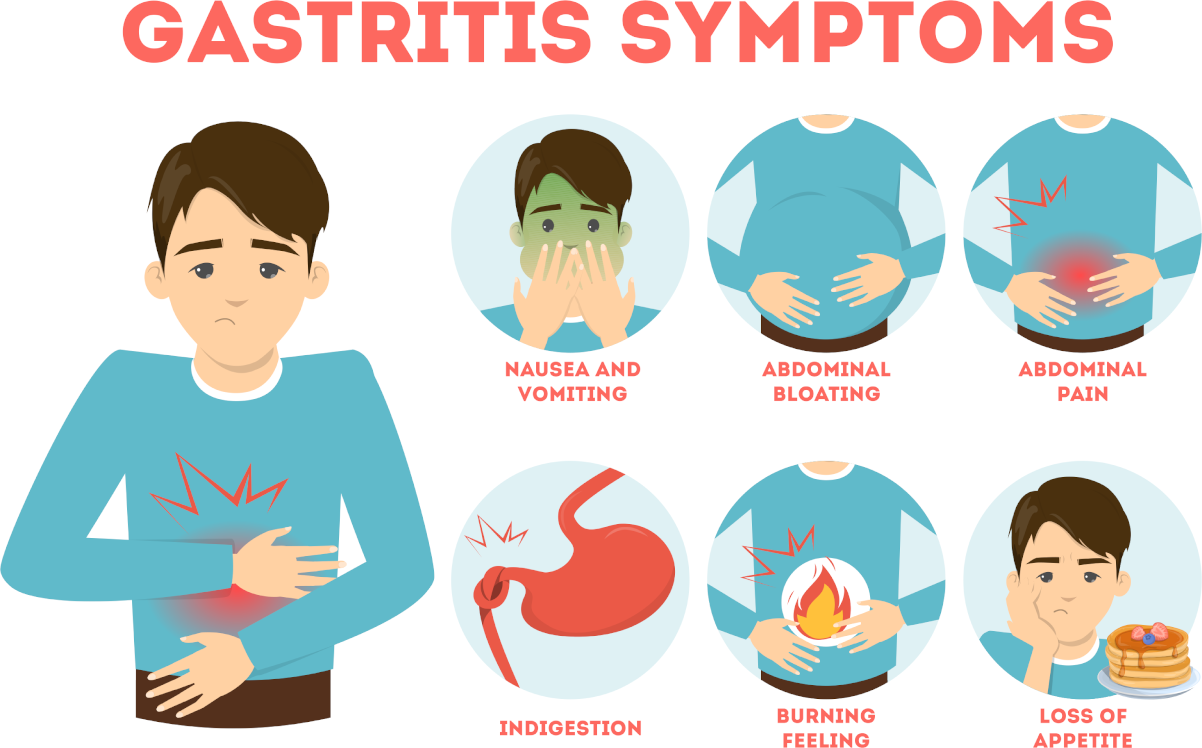
The gastrointestinal tract (GIT) performs not only digestive but also immune function. In particular, it participates in the implementation of protective reactions of the body. It protects us against pathogenic, conditionally pathogenic microorganisms and many inorganic substances. Therefore, it is essential to keep the intestines healthy. As a result, the body’s immune system will be much more robust in this case.
The epithelium of the gastrointestinal tract delimits the tissues of the macroorganism from a vast number of living antigens and nonliving antigens, that carry signs of foreign genetic information. Oral exposure to an antigen (including microbes and their toxins) usually creates, on the one hand, local “mucous” IgA protection (secretory immunity) and a cell-mediated reaction. But, on the other hand, systemic tolerance or hyporeactivity, the suppression of subsequent production of antigen-specific antibodies of classes G and M and the development of the cell-mediated immune system.
Concerning pathogenic and conditionally pathogenic microorganisms, the local immune system of the intestine must show adequate protective properties. And concerning healthy flora, at least tolerance, and at best, it actively participates in the processes of adhesion, survival and reproduction of representatives of healthy flora. The intestines and the body’s immune system interconnect tightly.

Immune mechanisms
The intestines produce specific immune mechanisms to protect against potentially dangerous microorganisms throughout human life. Undifferentiated lymphocytes which produce secretory IgA or IgM antibodies mainly are present in the mucosal layer or Peyer’s patches. Stimulation of B-and T-lymphocytes in the presence of a foreign antigen occurs after their release from the mesenteric nodes into the thoracic duct, bloodstream and return to the intestine. Where they also accumulate in the mucosal layer.
Activated cells produce specific antibodies of classes IgA and IgM. Immunoglobulins form complexes with antigens, neutralise toxins. Moreover, they prevent contact of microorganisms with target cells of the macroorganism. Furthermore, they promote the rapid removal of microbes from the gastrointestinal tract due to agglutination.
Properties of the interconnected system of the intestine and the immune system of the body
The primary function of intestinal antibodies is immune rejection at the mucosal surface. Such a relationship as the intestine with the body’s immune system is vital for humans.
The most important property of the local intestinal immune system is the phenomenon of lymphocyte recycling. Peyer’s patches lymphocytes, sensitised by antigens, both food and infectious, migrate to the mesenteric lymph nodes. And from there through the lymphatic vessels through the thoracic duct and circulatory system move to the layer of the intestinal mucosa, mainly as IgA secreting cells.
Mechanism
This mechanism ensures the formation of lymphocyte clones and the formation of specific antibodies in the mucous membrane areas. Native immunoglobulin molecules, as well as active Fc and F(ab-)2 fragments, participate in the sensitisation of plasma cells.
Cellular immunity of the intestine, in contrast to the system of antibodies, is secreted. There is evidence that cellular immunity reactions do not develop in the intestinal mucosa when healthy people receive harmless antigens, for example, normal flora antigens.










